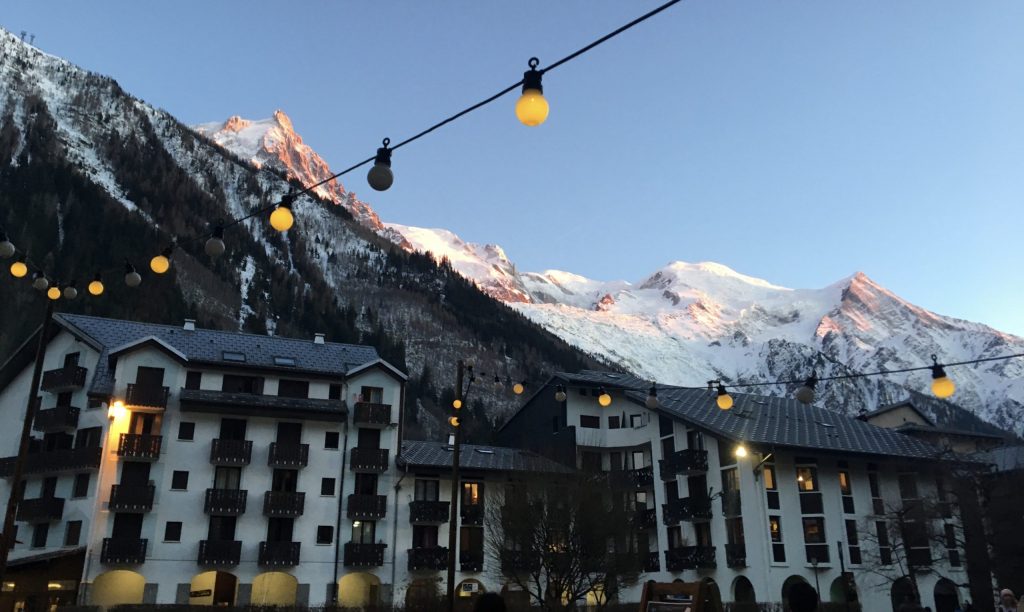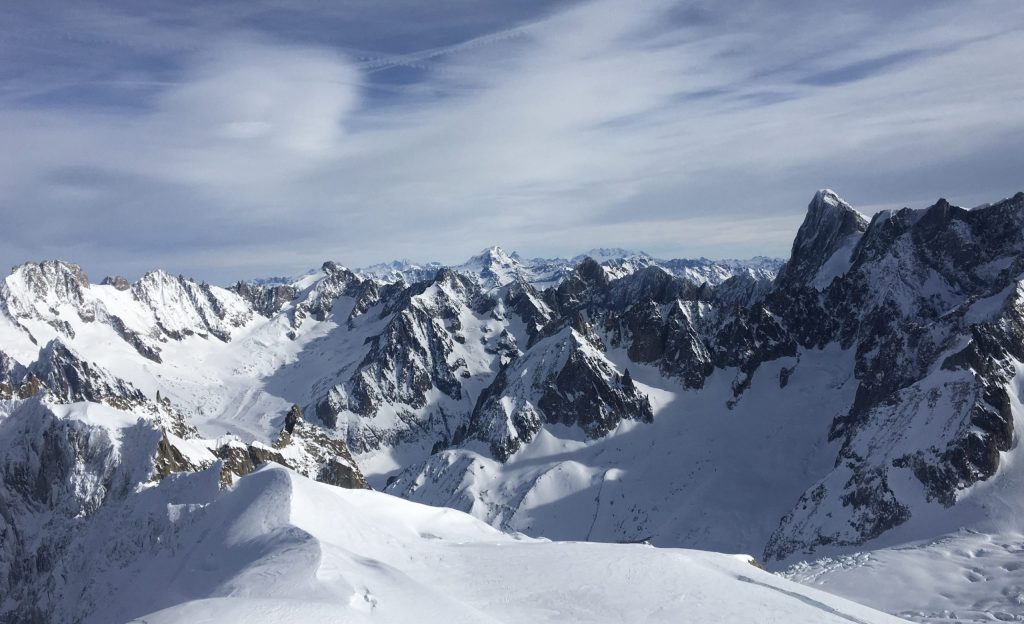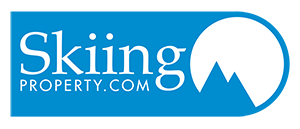Posted on 26 January 2021
When it comes to buying French ski property, it can feel like a maze full of hoops you have to jump through and strange laws you don’t really understand. It feels like, although you’ve found a perfect French ski property for sale, you’re still so far away from completing the sale and getting the keys.
Now, if you’re looking at French ski property for sale there’s no need to sell you on the benefits of buying in France. Instead, this article is about the nitty-gritty of buying a ski property; what you’ll need, how the process is likely to go, and how long it’s likely to take. This article answers all your unasked questions, so you know what to expect when you’re buying French ski property.
New Build Property Costs Less Than Resale
As with the French automotive industry, resale value in France is far greater than new build property. New developments of French ski property for sale will always have a lower asking price than a resale, and even if you factor in the extra expenses and wait times that are associated, you’ll be looking at a better deal.
Whilst new developments are less expensive than resales across France, this is especially true in the Alps, where many buyers hold onto their properties as investments and resale property is comparatively rare. If a buyer wants to walk straight into their dream chalet, make an offer that day, and exchange a few weeks later, they will pay a premium for the right to do so. Buyers looking for a deal will need to consider the possibility of buying off-plan.
There is also a French governmental scheme that gives buyers the VAT back on new homes if they buy with the intention of letting the property out. You might even find you’ve managed to equip and furnish your dream Alpine home for next to no additional cost!

An Offer is an Offer
Unlike in the UK if you make an offer on French ski property for sale, be it verbal or in writing, that offer serves as a contractual obligation. There is no such thing, in France, as a sale subject to contract. Sellers might ask you to make a formal written offer, called an ‘offre d’achat’, and provide a pre-printed form for you to sign.
Buyers should be careful when signing an unconditional offer, and might well want to prepare a written offer stating that the purchase depends on a sale and purchase contract in which all the conditions will be fully laid out and observable for both buyer and seller. If you’re buying as an individual, rather than through a French property company, there is then a ten-day cooling-off period in which buyer or seller can pull out of the sale without incurring a penalty.
French law states that a deposit is not required until the signing of the sale and purchase contract. If you find your perfect French ski property for sale and you’re tempted to whip out your chequebook straight away, you’ll definitely want to hold back a bit.
Personal Buyer vs Buying as a Company
As the French welfare system relies on high taxes on the wealthy, the French tax system is set up to penalise second-home ownership. It can, therefore, be better to buy property under the umbrella of a company. As the tax implications of owning a company are better than those of a private individual owning multiple properties, setting up a company to buy property is a safer way to invest in French property.
In addition to the tax advantages, buying property as a company enables multiple owners to purchase property together, protects the property from the stringent French inheritance tax, and provides stability and continuity of ownership.
Buying as a company does mean you lose the ten-day cooling-off period, during which buyer and seller can reconsider their options, but if you’re an overseas buyer it also provides a level of security above and beyond that which is offered to personal buyers.

Real Estate Agents, Property Lawyers, and Notaires
French real estate purchases take place without the presence of a private solicitor or avocat, so buyers will need to keep their eyes peeled and their wits sharp. Authorised real estate agents can oversee the preparation of the sale and purchase contract, but as they are employed by the seller rather than the buyer, this can sometimes mean that unfavourable terms sneak into the agreement.
It is, therefore, wise to engage your own notaire who can oversee the contract and act in your stead. Given that many buyers looking at French ski property for sale are working with little to no French, it’s vital that you have someone well versed in local property law to oversee the process. This will ensure you get what you’re asking for out of the sale, without any unforeseen surprises.
The Transfer of Funds
The transfer of funds will need to take place well in advance of the completion date, especially if you’re paying with cheque. This will allow the funds to clear into the notaire’s client account ready for the sale. The seller’s notaire needs all of the funds in place before the sale, so if you plan to get a mortgage this will also need sorting out well in advance of completion.
In the case of buyers who have a mortgage, the lender will transfer the funds directly into the notaire’s client account. You can, in fact, pay money for the sale directly from your UK or overseas bank account into the notaire’s account. Whilst you’ll probably want one at some point, there’s no need to open a French bank account at this juncture.
Most contracts allow three to four months between signing and completion.
Condition of the Property
If you can swing it, you should visit the property the day before completion. This is partially because you’ll want to check that the seller has maintained the state of the property, but also to ensure that the property is empty upon completion. You don’t want to find a stray family member still living in the property after you’ve completed, after all.
Once this is done, you’ll go to the notaire’s office to sign the deed of sale. The notaire may provide a translator as an added service, but if they don’t you will need to find someone to translate for you. The notaire will read through the full terms of the deed of sale, which should mirror the sale and purchase contract; you’ll need to be certain what they say though, so a good interpreter is vital.
After this point, you’ll receive a certificate of purchase and you’ll be the proud owner of your new home. It’s a long journey from starting your search for French ski property for sale, to finally getting the keys to your chalet or apartment, but it’s a journey worth taking. Hopefully, this guide will help you along the way!

